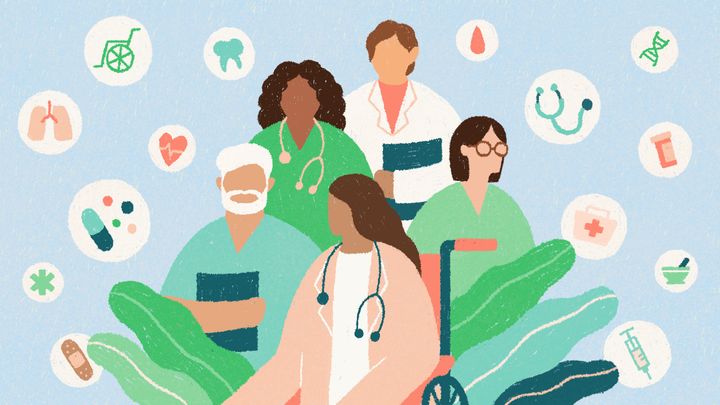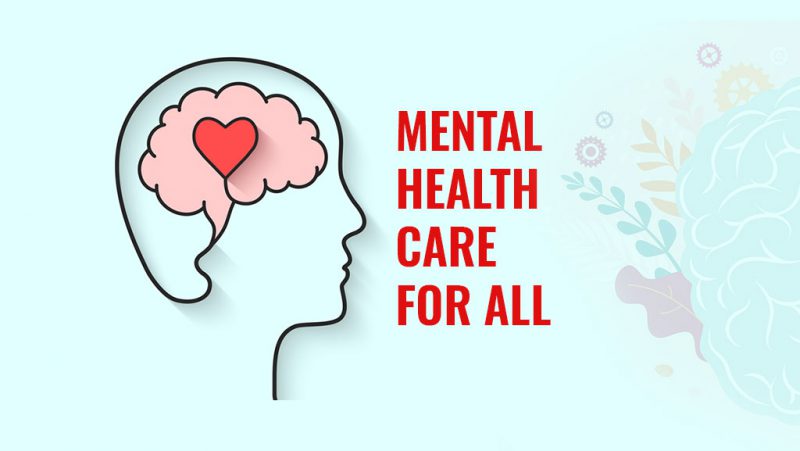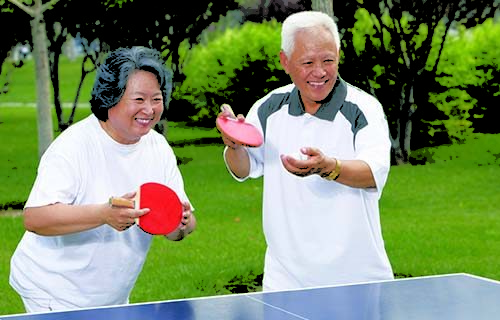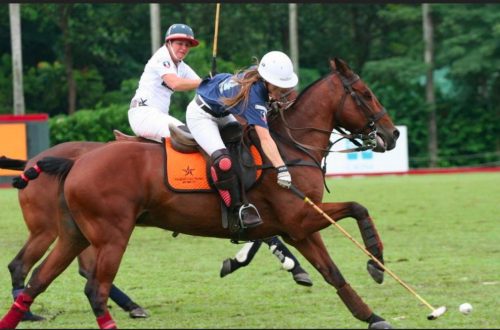
Why Hobbies Can Improve Our Mental Health
Why Hobbies Can Improve Our Mental Health
 In early 2020, at the height of Covid 19, there was a great deal of fear. Given the dread of the virus and the limits on movement imposed by the government, it is understandable that people were feeling more isolated, nervous, and sad than usual.
In early 2020, at the height of Covid 19, there was a great deal of fear. Given the dread of the virus and the limits on movement imposed by the government, it is understandable that people were feeling more isolated, nervous, and sad than usual.
Even further, the World Health Organization (WHO) issued guidelines on how people should protect their mental health during this tough period. Important advice includes attempting to maintain a consistent regimen of eating, sleeping, hygiene, and exercise.
However, a less obvious tip is ensuring you still have time for the activities you enjoy. As a matter of fact, evidence indicates that having a hobby is associated with lower levels of depression and may prevent depression in some individuals.
A hallmark of poor mental health is losing interest and enjoyment in activities that one once enjoyed. Known as anhedonia, this is a typical symptom of depression for which patients express the greatest desire for relief, probably because antidepressant medications target other symptoms and do not appear to ease them.
Anhedonia is one of the initial signs of depression for some individuals and can be used to predict the severity of depression a person may experience.
During lockdown, making time for your interests and joys, like as a hobby, could be one method to avoid anhedonia and sadness. In reality, social prescribing is a type of treatment in which doctors might recommend non-medical interventions (such as a hobby) to patients with mild to severe depression to improve their mental health. Even though antidepressants may be less successful in individuals with mild depression, this therapeutic technique may nevertheless provide patients with depression with symptom relief.
Several studies have demonstrated that social prescribing schemes that encourage patients to take up hobbies like gardening or art are beneficial for mental health and well-being.
Even for those with clinical depression, evidence suggests that certain psychological treatments, such as behavioral activation, which compels patients to schedule time for activities that bring them pleasure and joy, relieve depressive symptoms. Social prescribing and behavioral activation may involve a variety of activities and interests, such as exercise, playing an instrument, painting, reading, and handicrafts.
Hobbies that will help you fight against depression and anxiety
Why Hobbies Can Improve Our Mental Health
Reward system
The effect of hobbies on the brain’s reward system explains why finding time for hobbies might be effective. When we engage in a hobby that we enjoy, neurotransmitters (chemical messengers in the brain) such as dopamine, a substance that helps us feel pleasure, are released. These substances can then make us desire to engage in the activity again and increase our motivation to do so.
Even while we may not initially feel motivated to spend time on a hobby, once we begin and experience the associated pleasure, this will activate our reward system and, thus, our urge to engage in the activity again.
In addition to providing pleasure and motivation, hobbies can provide additional benefits. Obviously, physical hobbies can increase your fitness, and some can even boost your cognitive performance. Research indicates that certain hobbies, such as playing a musical instrument, can boost memory. In contrast, aesthetic activities (such as reading or board game puzzles) are known to prevent dementia in old age.
Consequently, if you’re feeling more depressed than usual during the pandemic, try to find time to re-engage in hobbies you formerly enjoyed or try out new ones. You can also seek assistance or direction from your primary care physician or a therapist to determine the best treatment for you.
Download the hobbytwin app and tell a friend for instant hobby matching:
For iPhone/iPad&iPod:









